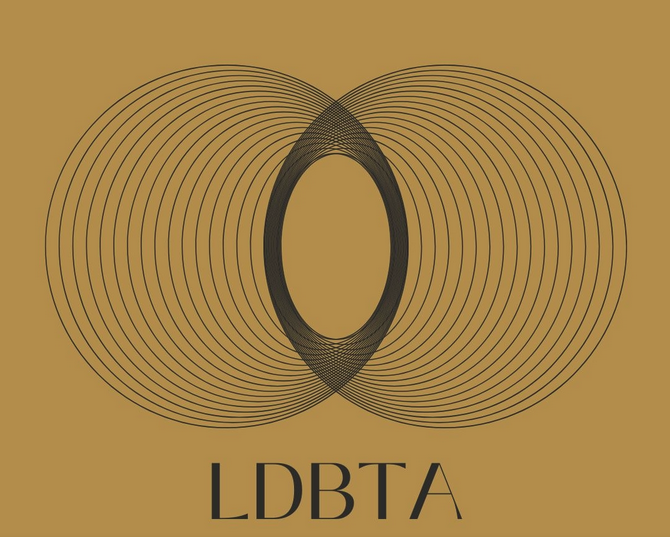Latvia

About Us
DBT began gaining ground in Latvia in 2020 when four CBT therapists joined a training on DBT for complex PTSD, led by Prof. Martin Bohus and organized by the Estonian CBT Association. The first DBT teams were established in 2021—one in adult mental health, initiated by Prof. Ieva Bite from the University of Latvia, and one in adolescent care through the Adolescent Resource Centre lead by Romija Krezina. A key turning point came during a supervision session, where an international supervisor jokingly said a challenging client would be referred to DBT “to fill out worksheets.” That humorous remark sparked the start of DBT training with British Isles DBT Training.
Local therapy programmes
Today, Latvia has six DBT teams for adults operating in the private sector. Skills groups run both in-person and online, in Latvian and Russian. Costs are mostly covered by clients, though limited public funding is available. Five adolescent teams operate nationwide, offering full DBT (individual therapy, teen and parent skills groups, coaching) free of charge. These include teams at the Adolescent Resource Centre and the Children’s Clinical University Hospital.
Members
The Latvian Dialectical Behaviour Therapy Association was established on 14 October 2022. It includes 47 members, primarily DBT-trained psychologists. The board members are Ieva Bite, Guna Geikina, Romija Krēziņa, and Ilze Plauča.